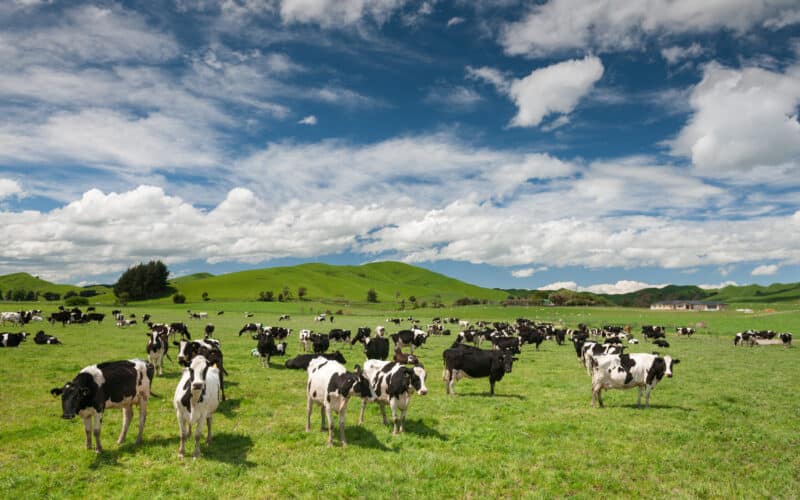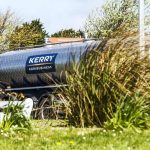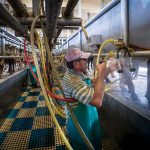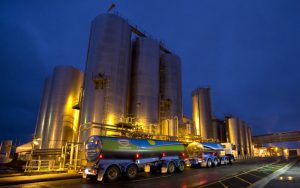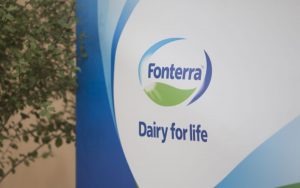The study, led by internationally respected climate scientist Professor Myles Allen, measured the warming impact of New Zealand’s current methane targets.
Allen is a Professor of Geosystem Science at the University of Oxford, Director of the Oxford Net Zero Initiative, and has been described by the BBC as ‘the physicist behind net zero’.
“The report tells us that the current reduction targets could see methane offset all of the expected additional warming from carbon dioxide and nitrous oxide from the entire New Zealand economy,” says Jim van der Poel, Chair of DairyNZ.
“Essentially the current targets would see New Zealand peak its warming in the 2030s and reverse back to 2022-27 levels which is well ahead of most other countries which are currently aiming to achieve peak warming (‘net zero’) from 2050.
“The research is a critical contribution to the conversation about climate change and raises serious equity concerns for farmers who may be being asked to do more of the heavy lifting, and bear more of the cost, than other parts of the economy.
“We need to be taking a science-led approach to the targets and its important they reflect the impact each gas will have on warming,” says van der Poel.
The study also considered what level of reductions would be required for methane from New Zealand to make no further contribution to global warming.
“The report found that if other countries meet their existing emissions reduction commitments, then a 15% reduction in methane would see New Zealand methane contribute no additional warming from 2020 levels,” says Kate Acland, Chair of Beef + Lamb New Zealand.
The report notes that if countries significantly increased their current levels of ambition a reduction of up to 27% may be required.
“This is significantly lower than the current methane reduction range of 24-47% and demonstrates the importance of taking a warming-centred approach to emissions reduction.
“It is critical we consider the most up to date science to give farmers confidence about what they are being asked to do,” says Acland.
“The current methane reduction targets have been a real point of contention for most farmers who have felt like they’ve been asked to go further and faster than needed – that’s why this review is so important,” says Federated Farmers President Wayne Langford.
“For years farmers have been told that we’re responsible for half of New Zealand’s ongoing emissions, but this report clearly shows that we’re not responsible for half of the ongoing warming – and warming is what we’re trying to prevent.
“Farmers have been making huge progress in reducing our environmental footprint and our methane emissions have been stable or declining for the last decade.
“If we want to get an accurate picture of how we are progressing as part of global efforts, it’s important that we measure and report our emissions based on their warming impact. Total emissions just don’t give you the full picture,” says Langford.
B+LNZ, DairyNZ and Federated Farmers will continue to inform farmers and New Zealand communities about warming impacts ahead of the Climate Change Commission’s public consultation in 2024. Farmers will then have the opportunity to have their say on the Commission’s advice on targets in 2024.
